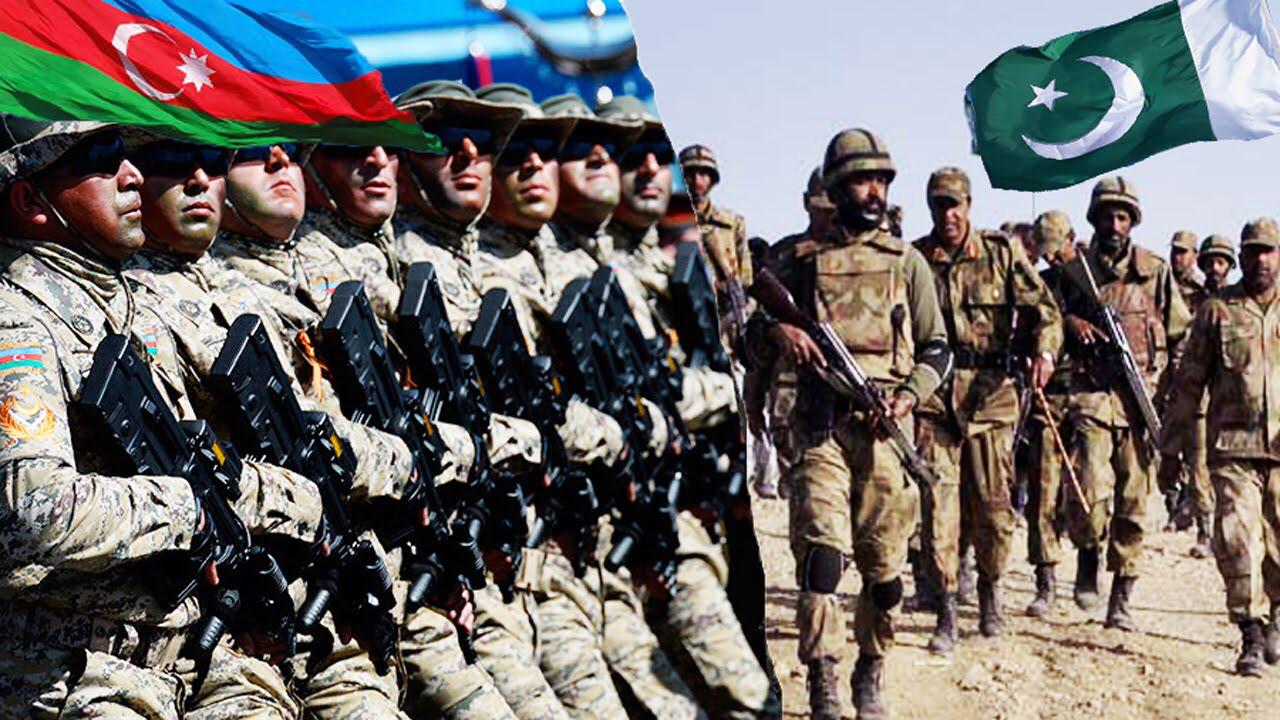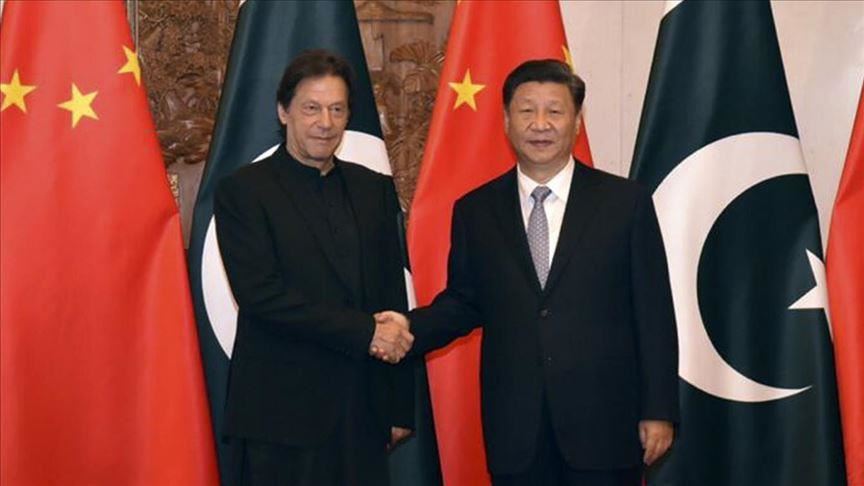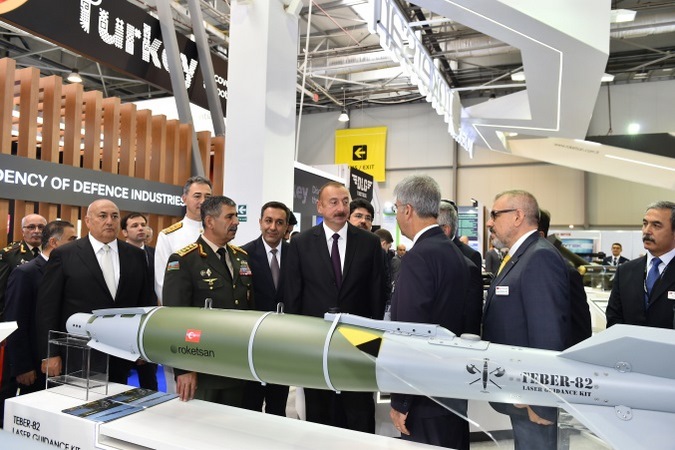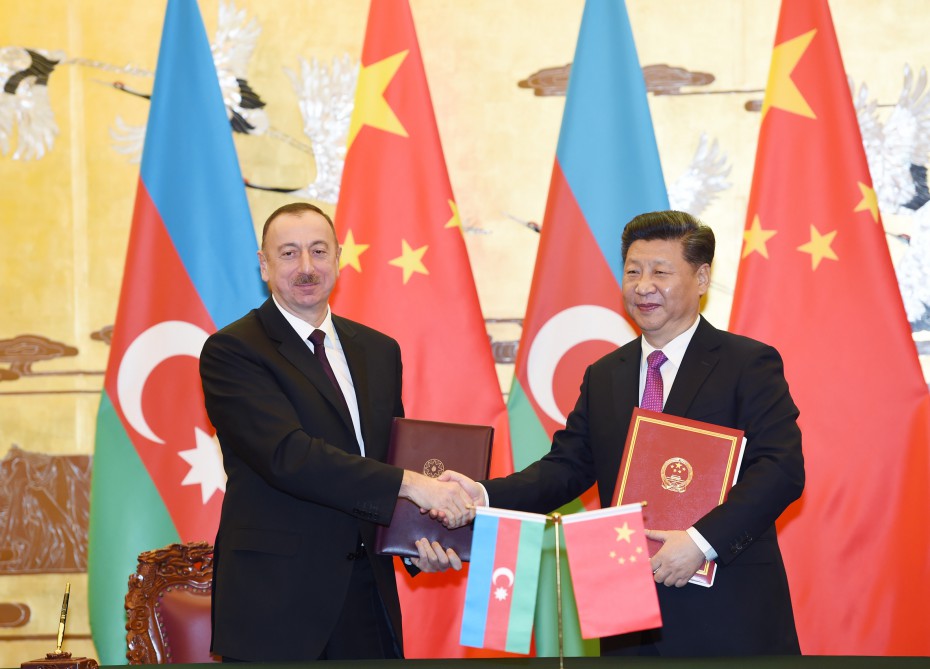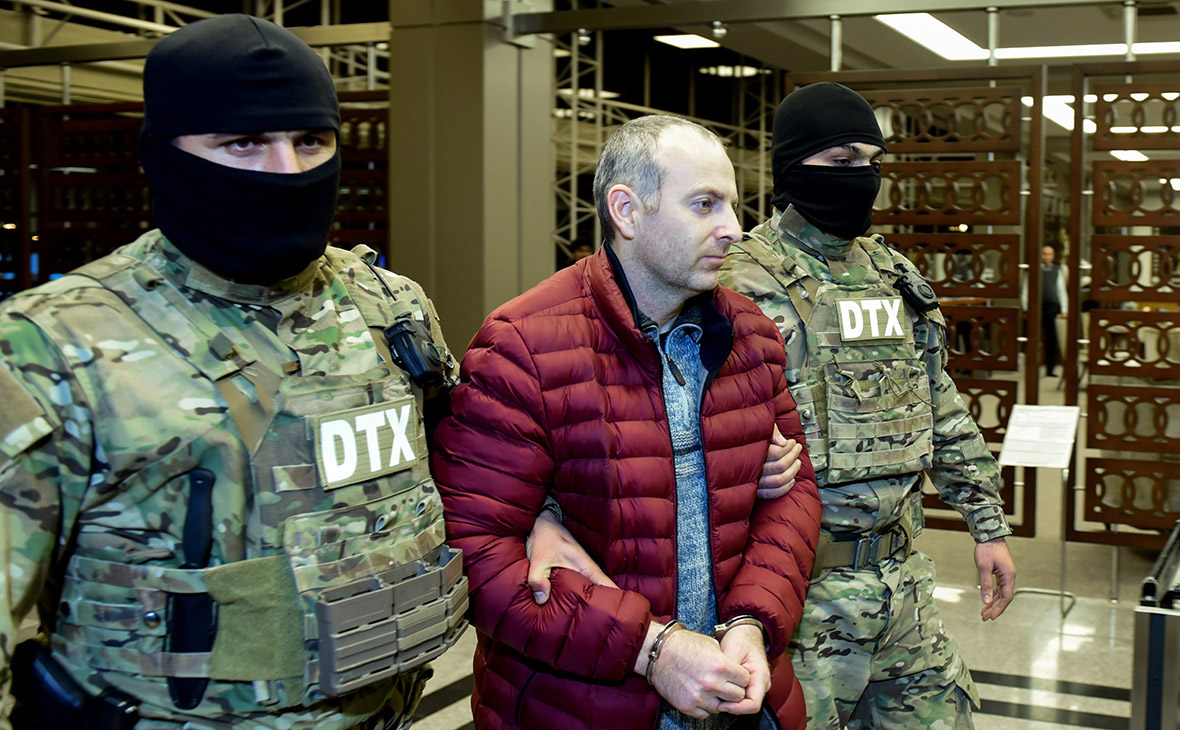Caucasus International Vol. 7 • No: 2 • Winter 2017
This article examines the degree of awareness at the grassroots level in Azerbaijan and Pakistan regarding the growing bilateral strategic cooperation. During the last several years, relations between Baku and Islamabad have expanded rapidly to the level of a strategic partnership encompassing various fields such as military, humanitarian issues, diplomatic, and cultural issues. Building strategic partnerships with countries in the region and beyond has always been a guiding principle of Azerbaijan’s foreign policy strategy. The common religious background of both countries also plays a significant role in strengthening bilateral ties. Pakistan’s explicit support of Azerbaijan in the international diplomatic arena, in particular in regard to the resolution process of the most complex and dangerous conflict in the South Caucasus –the Nagorno-Karabakh conflict is among those significant factors. The article traces the key moments in Azerbaijani – Pakistan relations and outlines the achievements, prospects, and potential for strengthening economic and security ties.
Keywords: Azerbaijan – Pakistan, Nagorno-Karabakh conflict, Kashmir conflict, Military Partnership, South Caucasus

